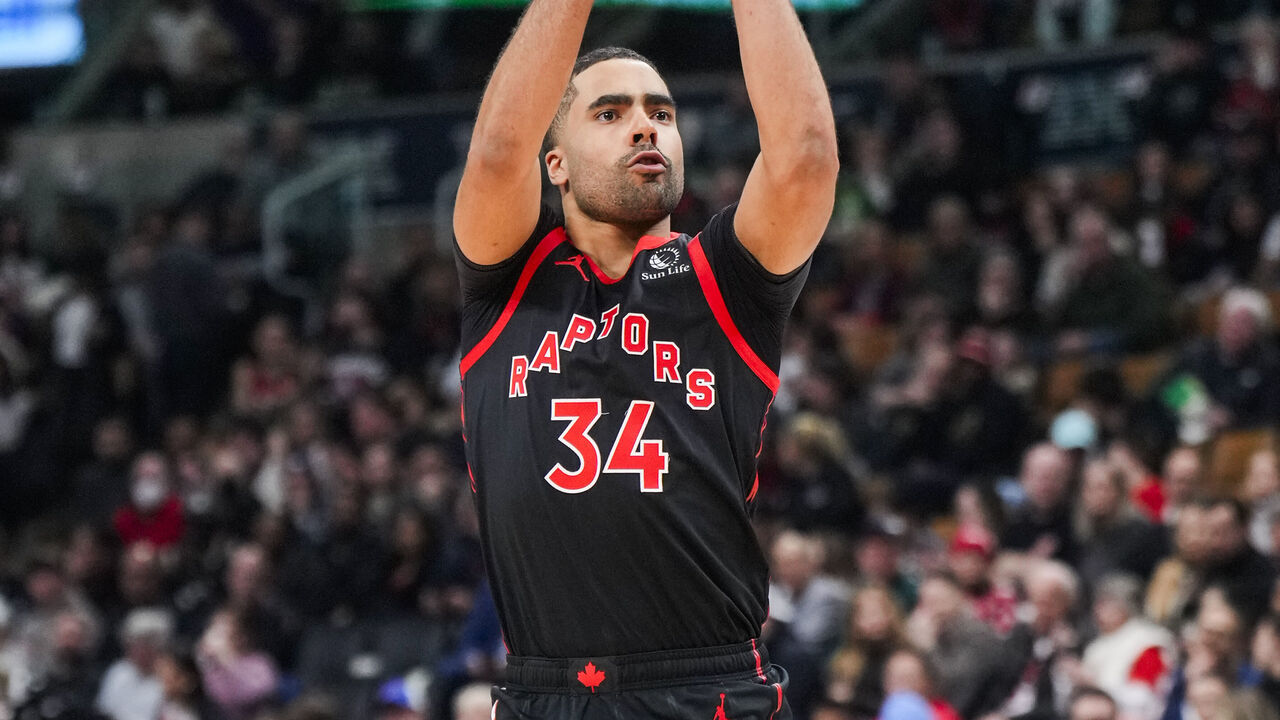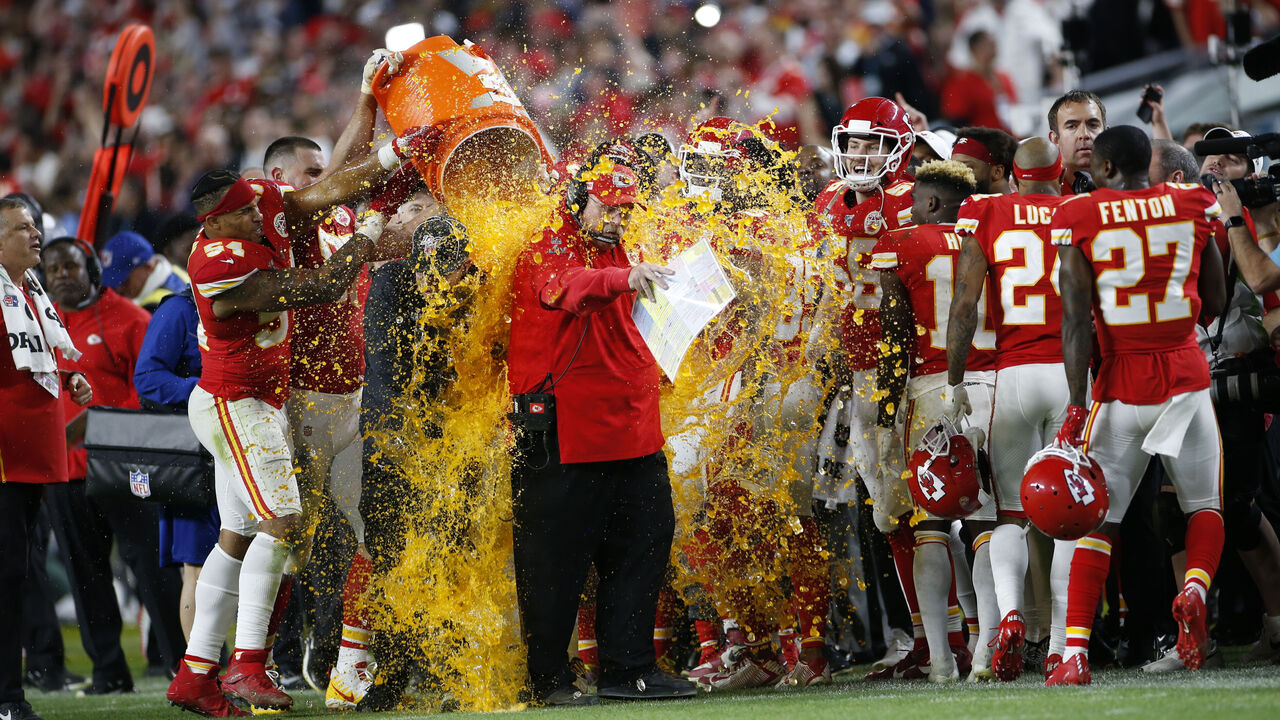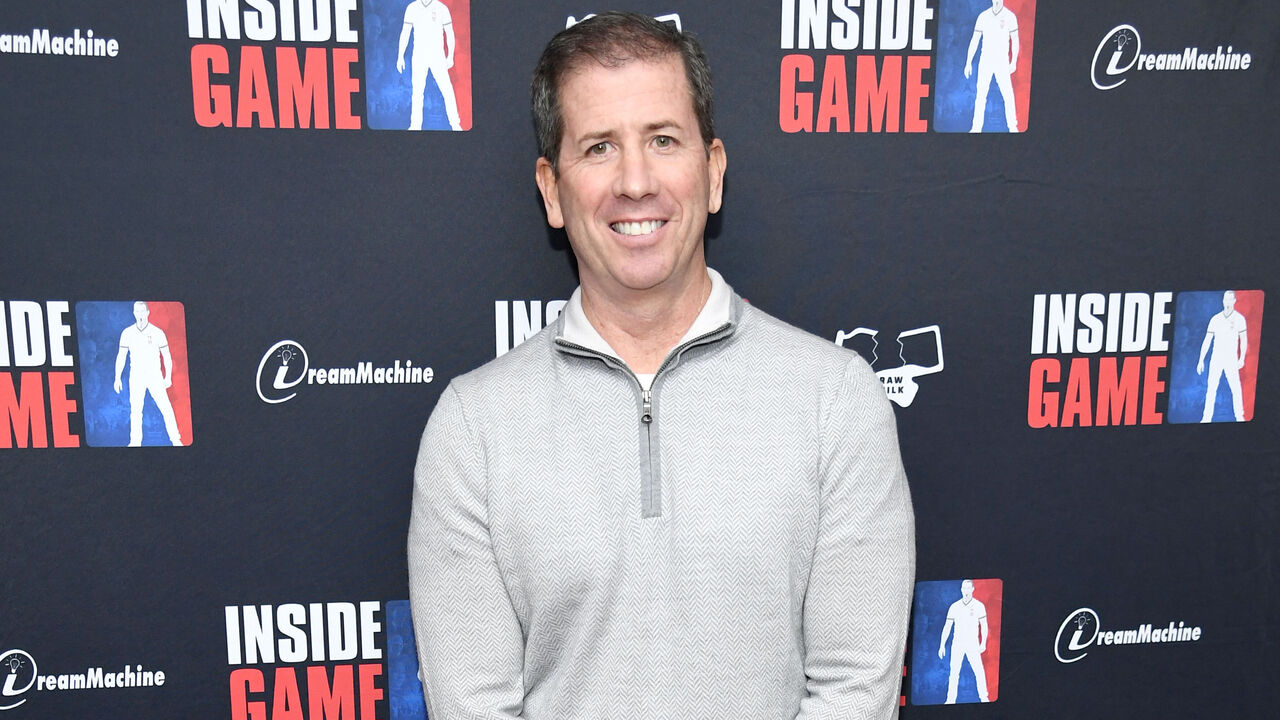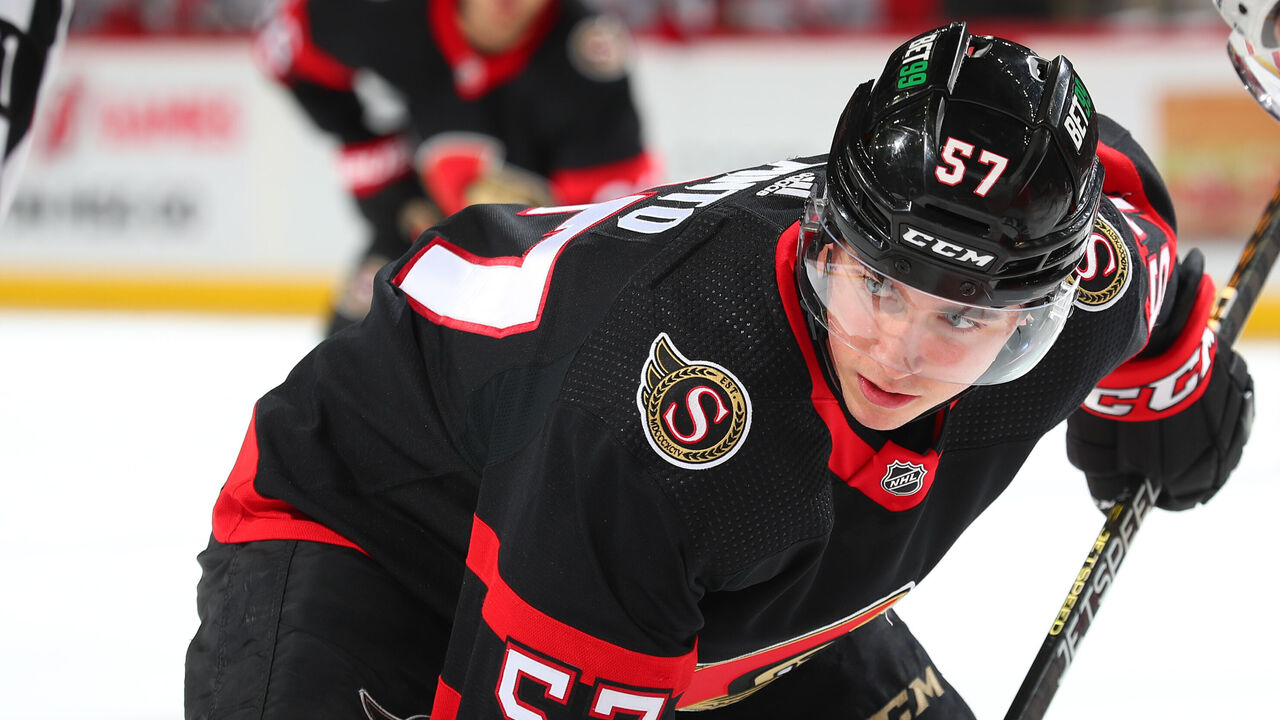Athletes can be banned for betting but can they face legal consequences?
The NBA's investigation into Jontay Porter for betting irregularities is the most high profile such case in North American sports in more than a decade, and it raises questions about the legal penalties athletes may face.
ESPN reported March 25 that Porter was being investigated by the league for a type of match manipulation sometimes referred to as spot-fixing. Two of Porter's performances - Jan. 26 and March 20 - triggered the probe. In both cases, Porter left the game early, resulting in his points, rebounds, and 3-pointers falling significantly under the prop bet over-under lines available to bettors.
Leagues and teams can ban or suspend athletes or other insiders who are found to have contravened betting policies. But legal punishments are a more complex issue.
Jeremy Luke, president and CEO of the Canadian Centre for Ethics in Sport, said his team is leading a charge to make match-fixing illegal and criminal. Currently, there are no federal laws in either Canada or the United States specifically criminalizing competitive manipulation in sports.
"Leagues themselves have policies in place to deal with issues like this," Luke said. "If someone does something that would violate that policy, the league would be investigating that particular issue. And these leagues have ways to be able to monitor betting lines and have any irregularities reported to them, and the ability to investigate these types of things. They ultimately have the ability to take action and from a sport perspective to prohibit individuals from participating in their sports."
Laying criminal charges in such cases wouldn't be straightforward because of the laws on the books in both countries.
"In this particular case with Porter, it would have to be proven that he intentionally influenced the outcome of the bets on him with the intent of benefiting from it," Ben Michael, an attorney at M&A Criminal Defense Attorneys in Austin, Texas, wrote in an email to theScore. "Though it may seem clear that this is what he did to most people, actually proving his actions and intent may not be so easy."
Financial and health records, in addition to personal communications, will be vital if evidence of any wrongdoing is to be proven.

The NBA has had no further comment on its investigation, and it's not clear whether any law-enforcement agencies in Canada or the U.S. are also looking into the matter. The Canadian Press reported March 26 that Toronto police were not looking into the matter.
Sportradar Integrity Services, a branch of the global data services company, reported in March that it found 1,329 suspicious matches in 11 sports around the world in 2023, which represented just 0.5% of competitions. Only 35 of those irregular findings happened in North America.
Betting irregularities are not just the domain of teams and leagues. ESPN reported that DraftKings said prop bets on Porter, who averages only 14 minutes a game, in the two games flagged were the biggest winning prop bets of the night.
Sports betting became legal under federal law in the U.S. in 2018 after a Supreme Court ruling struck down a 1992 law called the Professional and Amateur Sports Protection Act. Individual states have since enacted their own frameworks to regulate the industry. Betting is legal now in 38 states.
Canada's law was amended in 2021 to allow single-game betting. Only one province, Ontario, has opened a regulated market to betting companies. Other provinces have government-run betting operations within their lottery commissions.
The advent of legal sports betting in North America means integrity issues will crop up more often. "With that comes great risks of competition manipulation, both the outcome of competitions, but also component parts of competitions that people are wagering on," Luke said. "It's a very, very serious issue."
The increase in popularity of prop bets has underscored the risk of spot-fixing in particular. "It's not specific to the outcome of a competition and trying to fix the outcome," Luke added.

Jurisdictions worldwide grapple with how best to address match-fixing. In 2014, European nations adopted the Macolin Convention - currently the only rule of international law on the subject of match-fixing. Nine European nations have ratified it and 32 more have signed the treaty. Australia and Morocco are also signatories.
"What that convention does is that it requires governments to put in place regulatory approaches to protect the integrity of competitions and to make sure that any issues related to manipulation can be reported, that they can be identified, and that they can be investigated, so that the public can have confidence in our support system and we can also know that we're protecting the health and safety of our athletes," Luke said. "It speaks to how significant an issue it is, when there's an international convention signed on by over 30 different countries."
Other jurisdictions have developed homegrown solutions. Germany amended its criminal code in 2017 to address betting fraud in sports and the manipulation of professional sports competitions. This amendment was passed in response to a 2005 match-fixing scandal involving a German football referee.
In North America, there are no specific provisions in U.S. or Canadian federal law to directly address match-fixing or spot-fixing. In Canada, the "cheating at play" provision of Section 209 of the Criminal Code is perhaps the closest legislation on the books. It is worded to include, "Everyone who, with the intent to defraud any person, cheats while playing a game …" However, it's thought that professional sporting events would not fall under the legal definition of a "game" because they do not involve the required amount of chance.
"The challenge for us in Canada is that we are far behind what those other countries have put in place. While we recently legalized all that sports betting and people are becoming more and more familiar with the issue, the reality is other countries have done a lot to protect their athletes and it's incumbent on us to be doing the same right now," Luke said. Over the last five years, his organization has held two symposiums on match-fixing, and has openly called on the Canadian government to adopt the Macolin Convention.
In the U.S., the federal Sports Bribery Act makes it a felony to bribe anyone involved in a sporting event to intentionally influence the outcome. But there is no provision for cases where trainers, referees, coaches, or athletes may be influencing games without payment from others.
In one of the few American precedents, former NBA referee Tim Donaghy was sentenced to 15 months in prison for his role in a gambling scandal. He pleaded guilty to wire fraud and transmitting wagering information but wasn't charged for betting on games or affecting outcomes. If an athlete was charged with an offense related to match-fixing or spot-fixing, prosecutors would likely have to prove the more general fraud charge.

Criminal fraud may not be the only legal trouble awaiting an athlete. Chicago-area attorney Jonathan Rosenfeld said an athlete may face disciplinary action from regulators in the form of a fine. "Sports betting regulations, established by governmental authorities or regulatory bodies, often prohibit actions that compromise the fairness of betting outcomes," Rosenfeld wrote in an email.
An athlete also could face civil liabilities. "Affected parties, such as betting agencies or sponsors, may pursue legal action to recover damages resulting from the misconduct," Rosenfeld said. This is all in addition to league sanctions and contract termination, which are likely if the allegations are proven.
The NFL and NHL have taken such actions for other infractions of their codes of conduct. Three NFL players last season were suspended for six games for betting on other sports inside their team facilities. Nine others have been handed minimum one-year suspensions for betting on NFL games since 2019. Several of those players had their contracts terminated by their teams.
Shane Pinto of the Ottawa Senators was suspended for half the current NHL season for violating the league's gambling policy. It was found he didn't bet on NHL games, although no further details were provided.

Luke believes that beyond criminalizing match-fixing, the best solution is for all sports to adopt a system similar to what the World Anti-Doping Association uses to penalize athletes who use banned substances.
"I'd like to see a sport system where we treat competition manipulation at the same level and with the same severity that we do doping issues, where we have a global regulator, we have a very sophisticated set of rules, we have organizations that have been set up specifically with a mandate to deal with those things and to investigate them," Luke said.
"I think we will see more and more cases like this. And we need the systems in place to be able to protect the integrity of our sports and health for athletes."
Jolene Latimer is a feature writer at theScore.